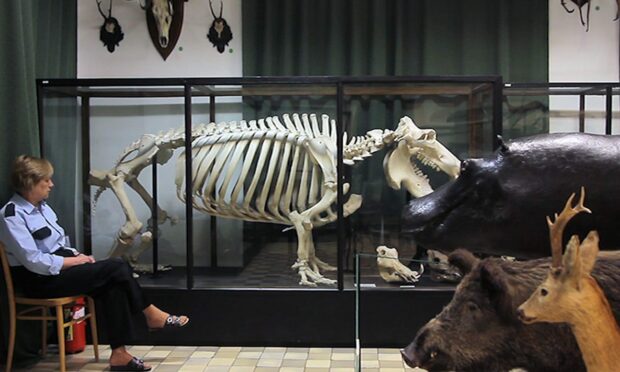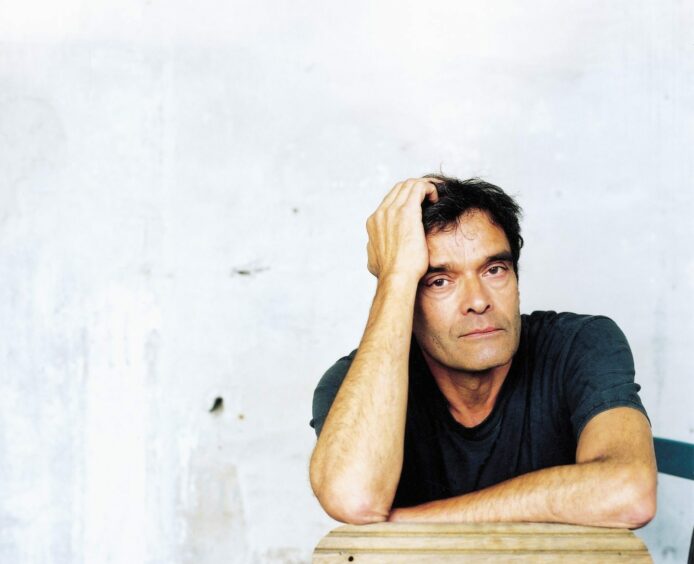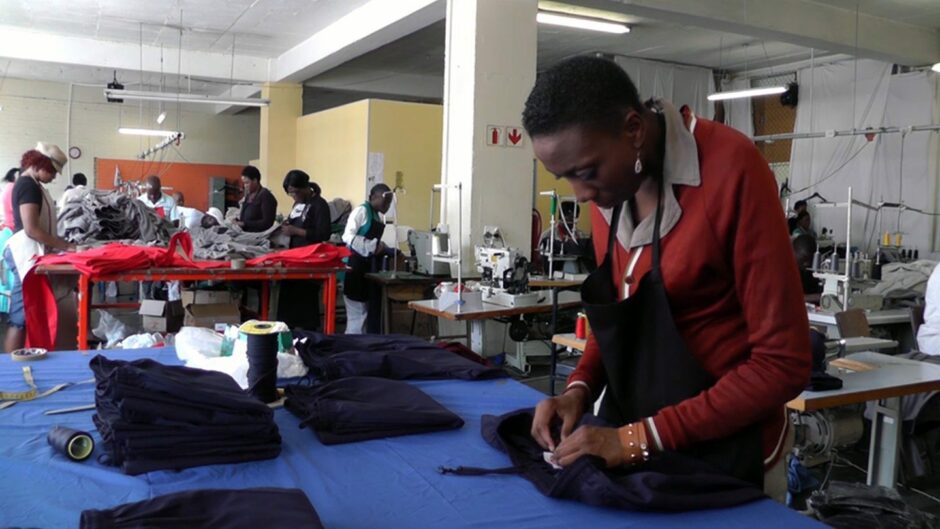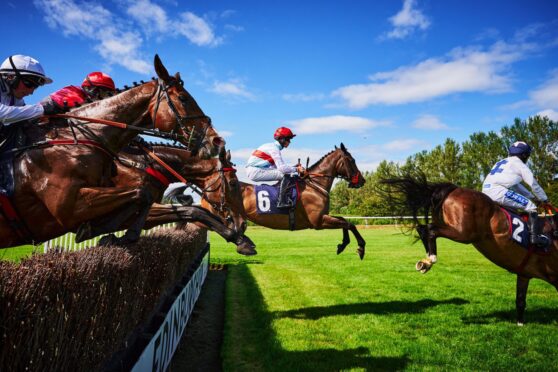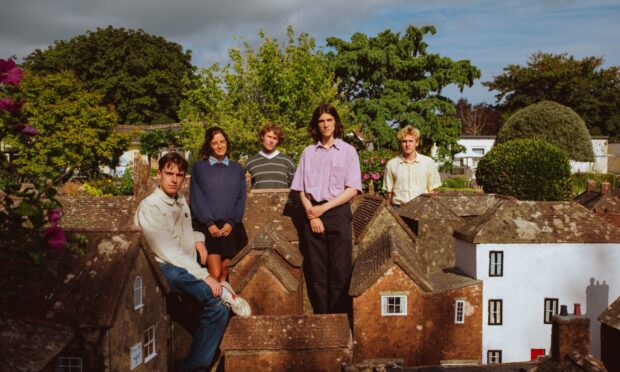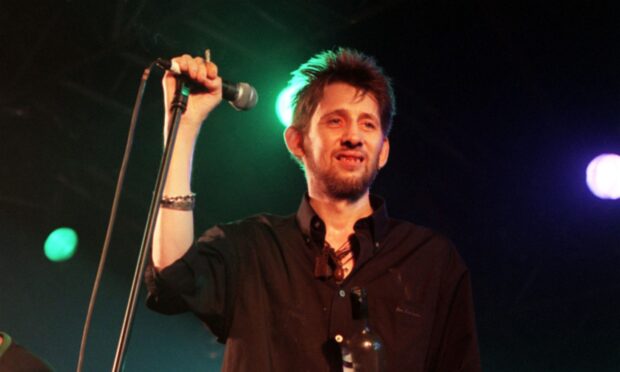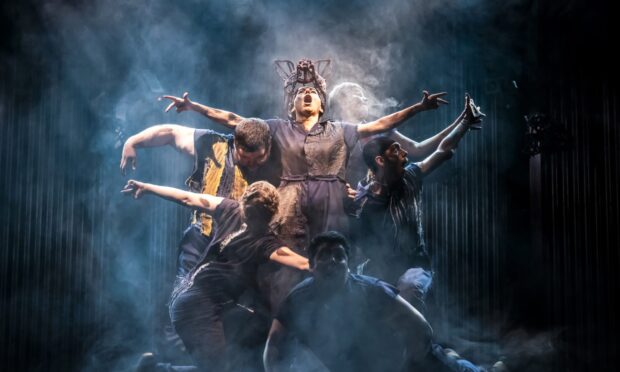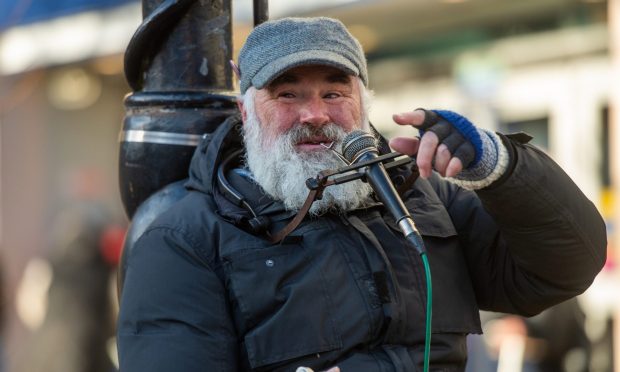An exhibition opening today at the University of Dundee’s Cooper Gallery asks us to consider the world of work and how it is portrayed.
Harun Farocki: Consider Labour is the first in Scotland dedicated to the work of a German filmmaker who, from the 1960s until his death in 2014, was intrigued by that subject.
Focus on workers
A show focused on topics including factories and skilled workers should find a sympathetic audience in Dundee, reckons gallery director Sophia Hao.
She mentions moments in local history from the term “hecklers” originating in 19th Century jute mills via the 1993 Timex strike to the recent Better Than Zero campaign against poverty pay.
Politics and labour
She says: “With its focus on the politics, practice and representation of labour, this exhibition provides an opportune moment to celebrate the proud working-class culture and political activism that has long characterised Dundee.
“Dundee knows in its heart what ‘labour’ really means and it is this reality that uniquely positions the city as a rich and inspiring context for Consider Labour.”
At its heart is a 10-screen installation showing a series of films shown on a network of scaffolds designed by Cooper Gallery staff.
For Labour in a Single Shot, Harun, along with collaborator Antje Ehmann (who is taking part in events connected to the show), trained volunteers around the world to portray ordinary people at work.
While Harun worked on Labour in a Single Shot from 2011 until his passing, Consider Labour also features a trio of his longer films that date back to the eighties, nineties and noughties.
Sophia and Antje have selected them, the director says, to “provide a comprehensive mapping of Farocki’s life-long investigation into the condition of labour – visible and invisible”.
Dying skills
Documentary Georg K Glaser – Writer and Smith sheds light on the life of a Paris-based metalworker that kept alive dying skills such as beating copper to make bowls and jugs.
Other works include In Comparison, a meditative piece on varying means of brickmaking, from hand pressed mud blocks created by a community to build a school in Burkina Faso to Germany’s hi-tech mechanised production lines.
Workers Leaving The Factory, meanwhile, examines how workforces have been portrayed on celluloid, from one of the first screened films by the pioneering French Lumière brothers to social-realist movies from the 1950s.
Special performance
As part of the programme to accompany this exhibition, Glasgow-based artist Ruth Ewan and singer Debbie Armour from folk duo Burd Ellen present She Works Hard For The Money on March 23.
This is a performance based on the former’s collection of socially engaged songs A Jukebox of People Trying to Change the World.
To get an idea of where Harun is coming from, though, you just need to listen to his conversation with the subject of Georg K Glaser.
The craftsman reminisces about a childhood where he could witness first-hand a local tailor or blacksmith in their workshops.
Now, such labour tends to be hidden behind factory walls. Wondering why that should be the case is partly what drove Harun’s career.
- Harun Farocki: Consider Labour runs at Cooper Gallery, University of Dundee, February 3 to April 1.
